Module 2
Different cultures, different lifestyles
Lesson 1
*As usual , have a look.What do these pictures show?
a.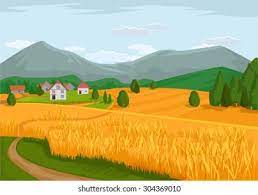 b.
b.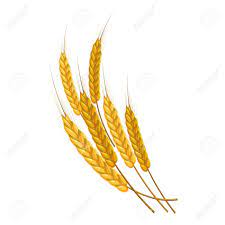 c.
c. d.
d.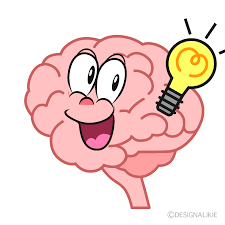
e.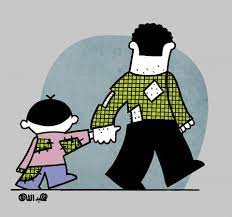 f.
f.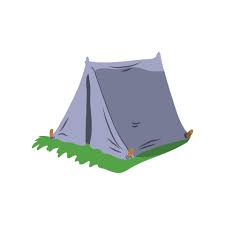
The answer: a.crops b. wheat c. hard-worker d. to inspire e. poverty f.tent
***********************************************
*The keywords :
| The word | The meaning | The part of speech |
| Crop | a plant such as a grain, fruit, or vegetable that is grown in large amounts by farmers | Noun |
| Wheat | a plant whose grain is used for making flour, or the grain itself | Noun |
| Hard-working | doing a job seriously and with a lot of effort | Adjective |
| Tent | a structure for sleeping in, usually made of cloth fixed to metal poles | Noun |
| Poverty | the state of being very poor | Noun |
| To inspire | to make someone feel that they want to do something | Verb |
SB page 11/ exercise 1
Listen to these people talking about where they live and what they do. Take down notes.
Audioscript
|
1. Hi, my name’s James Johnson and I live in Somerset, England. My family owns a big farm there and we grow crops, like wheat. My family have been farmers for hundreds of years, but things have changed over time. Now, we have so much wheat that it would take too long to do alone. All the local farmers help each other at the end of every summer. We work as a group to make sure there’s enough food for everyone.
2.Hello, I’m Farah Ibrahim. I live in Amman, Jordan with my parents. My mother is a very hard-working nurse. She inspired me to become a doctor and join the Jordan Hashemite Charity Organisation (JHCO). JHCO was started in 1990. It helps countries in need around the world – like Palestine, Sudan and Haiti – to fi ght poverty. Hello, my name is Panikpak and I’m an Inuit. In the past, Inuits had a different lifestyle. In winter, they lived in igloos to protect themselves from the cold. In summer, they lived in tents made from the skin of animals. Today, we live in modern houses. However, some traditions have remained the same, like music, dancing and telling stories. |
*********************************
SB page 11/ exercise 2
Lesson to the words below in context. Try to guess their meanings.
1. Fruit was the main crop on the farm.
2. He used the best wheat to make bread and pasta.
3. She became a teacher because she wanted to inspire students to work hard.
4. He grew up in poverty with very little money or food.
5. My brother studies all day long – he’s very hard-working!
6. Sleep well at night if you want to remain awake during the day.
7. We share a tent when we go on holiday in the summer.
**********************************
SB page 11 / exercise 4:
In a group, discuss the similarities and differences between these people’s lives and yours.

The answer: Students’ own answers.
********************************
Lessons 2 and 3
Choose your own lifestyle
*Have a look please.
a.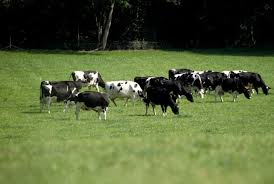 b.
b. c.
c.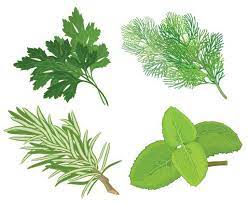
d. e.
e. f.
f.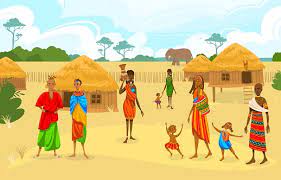
These pictures show:
a. a cattle b. an explorer c. herbs d. tough e. treatment f. a tribe
*The keywords:
| The word | The meaning | The part of speech |
| Tough | difficult | Adjectives |
| Treatment | Something that you do to try to cure an illness or injury | Noun |
| Tribe | a group of people who live together, usually in areas far away from cities, and who still have a traditional way of life | Noun |
| Herbs | a plant that is used in cooking to add flavour to food | Noun |
| Explorer | someone who travels to places where no one has ever been in order to find out what is there | Noun |
| Cattle | Noun |
*While reading
The main ideas:
*Talking about a new life and different tribes.
*The difference between the Nyangatom tribe's life and the explorer's life.
*The place that they live in.
*The treatments that they take in daily life.
**********************************************************
1.Who are the Nyangatom?
2.Where do they live?
3. How is there life?
4. Who supports them?
Answers:
1. It's an Ethiopian tribe.
2. In Ethiopia
3.There life is very difficult, they suffer from the life there.( the land is dry and no water there).
4.The neighbors there help each other.
|
Why are you in Ethiopia? What are you doing here? I like to see places that people usually don't visit. My job is to show people back home in England what life is like for other people around the world. I’m staying with the Nyangatom tribe and their lives are very different from mine in London! What is life with the Nyangatom like? Life can be very challenging for the Nyangatom. Their land is dry like a desert and there’s very little water in most places. The people work very hard to take care of their cattle, and to make sure they have enough water and food to survive. The Nyangatom are tough because they don't have hospitals and only use herbs and plants for medicine. Patients learn to become very strong and people take care of each other. For example, medicine men will bring traditional treatments, neighbours will give food and children will sing songs. We could all learn a lot from the Nyangatom. How long do you stay in one place? It depends. I once spent a year in the Arctic. I’ll be with the Nyangatom for just one month before I move on to live with another Ethiopian tribe. I'm still planning many things. What made you become an explorer? I love to understand different cultures – their languages and lifestyles. There’s a whole world full of people out there to learn about! |
After reading
SB page 12 / exercise 1
1 Read the article below, then answer these questions.
1. Why is it hard to be a member of the Nyangatom tribe? Explain your answer by giving examples.
2. Imagine you have the chance to help the Nyangatom tribe, what will you do?
3. Do you think the life of an explorer is easy or difficult? Justify your opinion.
4. Explorers help in making faraway lands or forgotten people known to the world. Discuss how important it is to preserve one's culture and tradition.
Answers
1. Answers may include: It is hard to be a member of the Nyangatom (/ni…"œN´tÅm/)tribe because there is very little water and they must find food to survive. Also, they don’t have hospitals and they only have herbal medicine to help them deal with pain.
2. Answers may include: send them food, water and medicine, or give them transport to make it easier for the Nyangatom to get those things for themselves.
3. Students’ own answers
4. Students’ own answers